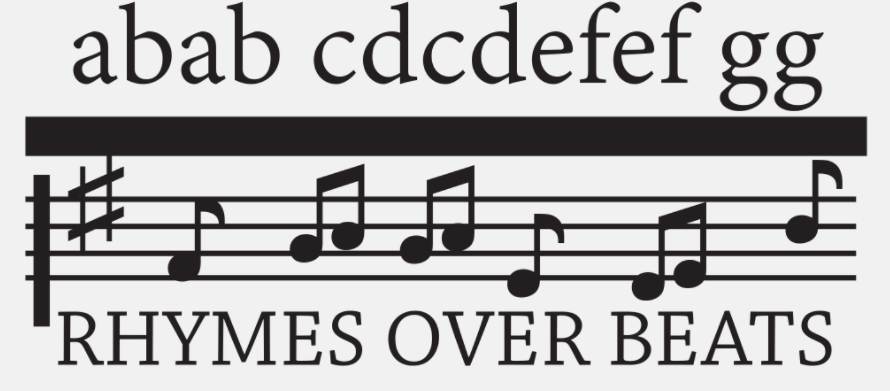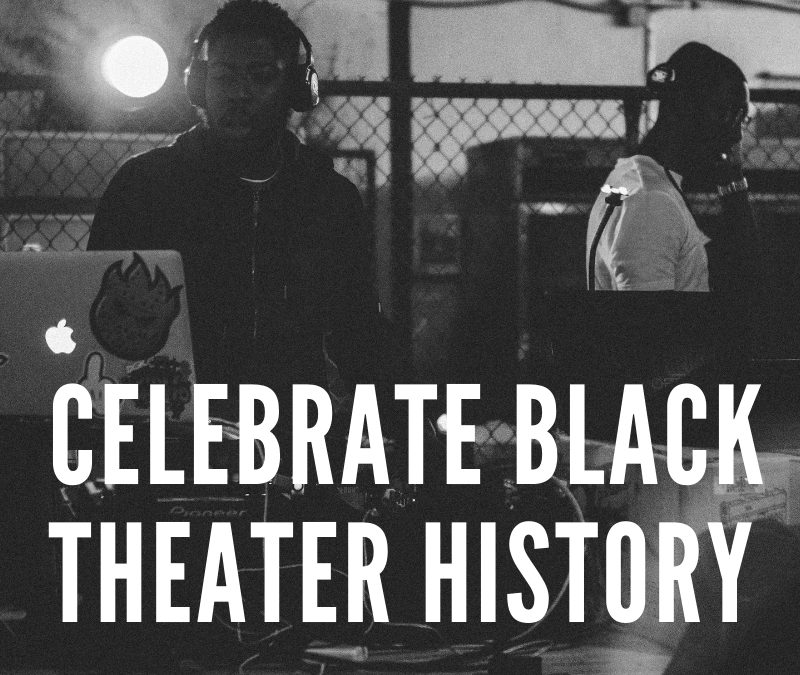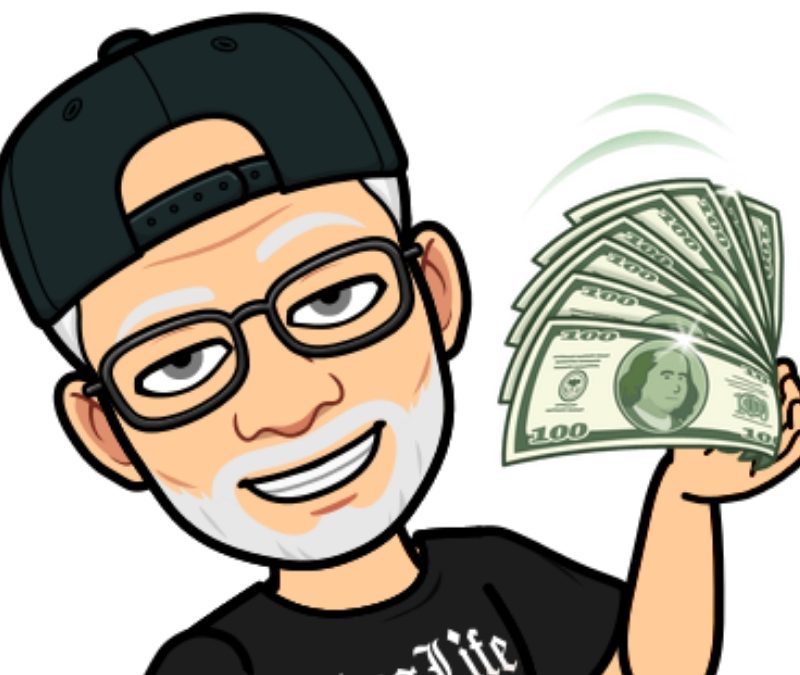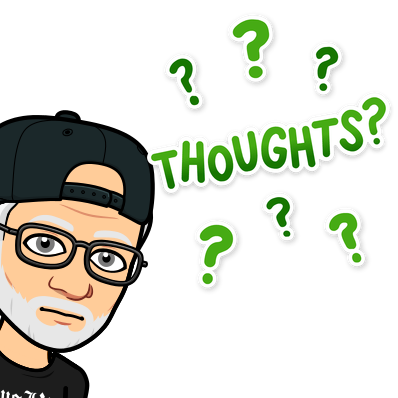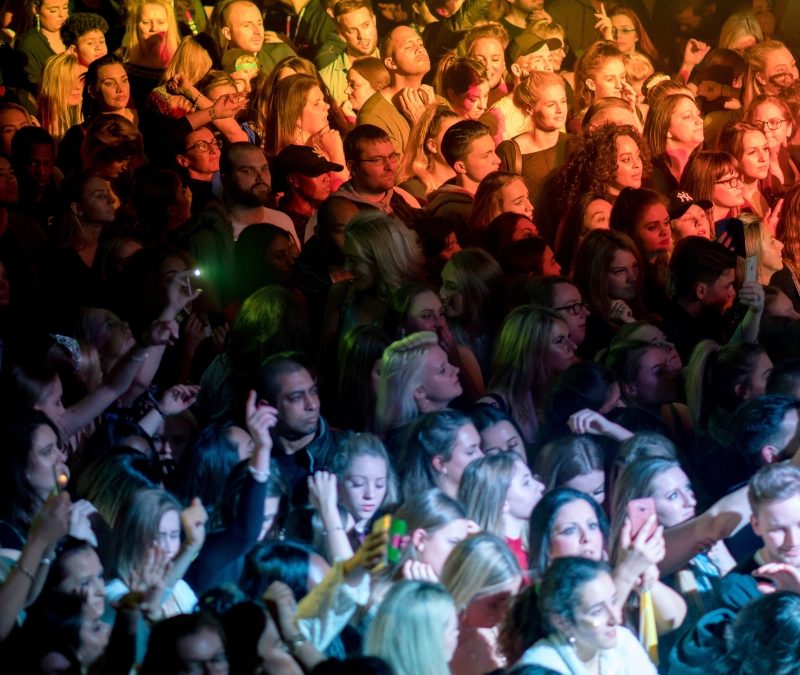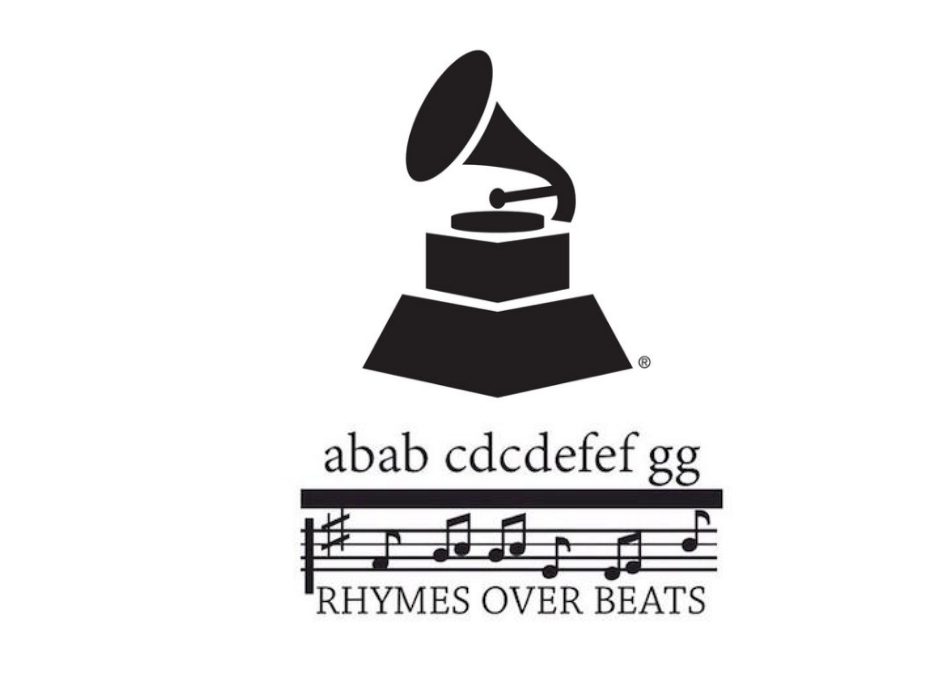
Grammy Time
Grammy Time?
Now that the Grammys are over I can talk about then without changing the outcome. 😉
I especially want to talk about the Grammy for Best Musical Theater Album.
This year was no different than last year and things need to change, but I’m guessing that not a lot of people in the hip hop world care who wins this award. Probably a few less than rap album of the year, so I’ll give you a little background.
Cast Albums and the Grammy Awards
A Grammy Award has been given to the Best Cast Album since 1959. It goes to the producer (which means that we anticipate Rhymes Over Beats winning some down the road) and to the composer and lyricist.
This year there were three nominees. They were: The Band’s Visit, Once on This Island, and Jesus Christ Superstar Live in Concert. The Band’s Visit won.
The fact that there were only three nominees is due to the lack of product.
Most musicals lose money during their initial run, and so creating an album of the songs of the show only increases the amount of money a show will lose. As you would imagine, it happens infrequently. And this year only one of the nominated shows is an original. The others were re-recordings of material that was previously recorded.
Imagine the reaction of the hip hop industry if someone came along and recorded “It Takes a Nation of Millions to Hold Us Back”, what are the chances that it would get nominated for Rap Album of the Year?
This is exactly what happened in the musical theater album category. Too many new recordings of previously-released music.
Two Suggestions
I have two suggestions for change.
The first has just recently been enacted, and the second needs a commitment from all of us.
Eligibility in the category used to be determined first by the show being performed, and second by an album being created. As fewer and fewer albums were made, even of semi-successful shows, the pool of potential nominees shrunk.
Now eligibility has changed. The “show being performed” requirement no longer exists. I believe that more and more producers will look on the creation of an album before a production as a marketing opportunity for a future show.
This is an opportunity for hip hop artists.
And my second suggestion: I’d like everyone out there (especially those who already have successful writing & performing careers) to collaborate with us. Write a musical. At least the songs.
There might be a Grammy in it for you.
